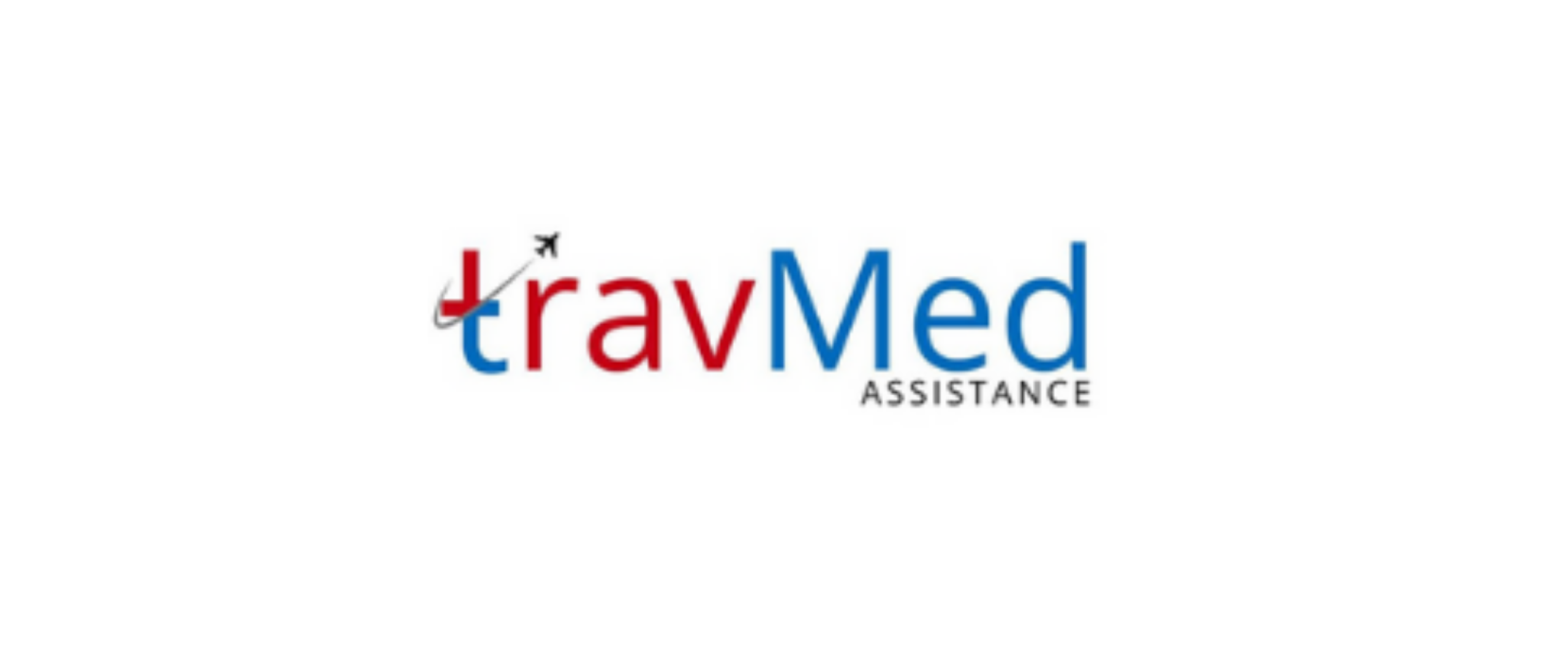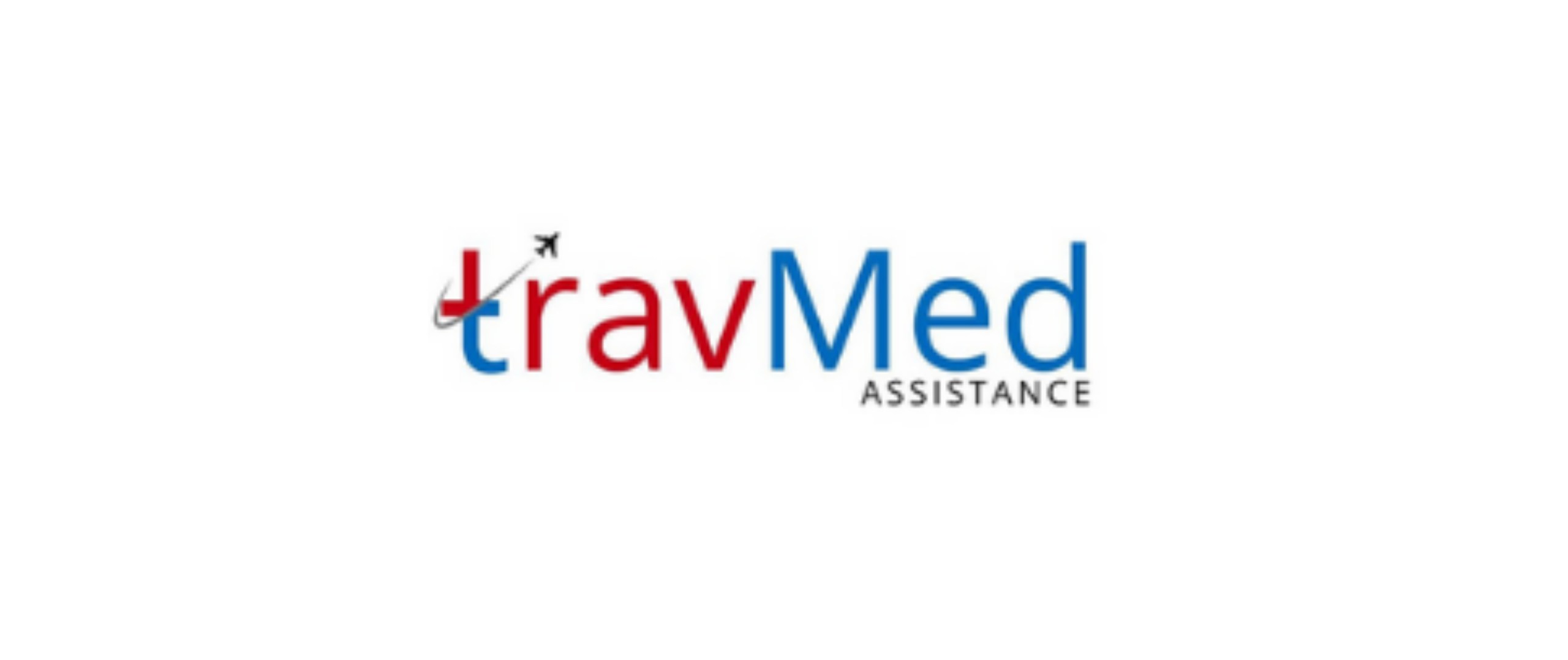
Patient services for foreigners in Nepal encompass a wide range of medical care and assistance provided to international visitors, expatriates, and tourists seeking healthcare during their stay in the country. These services include consultations with doctors, diagnostic tests, treatments, surgeries, and emergency medical care. Nepal’s healthcare system offers specialized services tailored to the needs of foreign patients, ensuring they receive appropriate medical attention while navigating potential language and cultural barriers. Many hospitals and clinics in Nepal have dedicated international patient departments that coordinate care, assist with paperwork, and provide support throughout the medical journey. These services aim to make healthcare accessible and comfortable for foreigners, addressing their unique requirements and concerns while in Nepal.
Who provides medical services in Nepal?
Medical services in Nepal are provided by a diverse network of healthcare professionals and institutions. The country’s healthcare system comprises both public and private sectors. Government hospitals and health centers, operated by the Ministry of Health and Population, offer a wide range of services across the country. Private hospitals, clinics, and nursing homes, particularly in urban areas like Kathmandu, Pokhara, and Chitwan, provide advanced medical care with modern facilities. Specialized medical centers focus on specific areas such as cardiology, oncology, and orthopedics. Additionally, non-governmental organizations (NGOs) and international aid agencies contribute to healthcare delivery, especially in rural and remote areas. Nepal also has a strong tradition of alternative medicine, with practitioners of Ayurveda, Traditional Chinese Medicine, and other holistic approaches offering their services. For foreign patients, many hospitals have dedicated international patient departments staffed with English-speaking doctors and nurses.
How do services work for foreign patients?
Services for foreign patients in Nepal typically begin with initial contact, either through pre-arrival communication or upon reaching a healthcare facility. Many hospitals have international patient coordinators who guide foreigners through the process. Upon arrival, patients undergo registration and provide necessary documentation. A preliminary assessment is conducted to determine the required medical care. Depending on the condition, patients may be referred to specialists for consultations, diagnostic tests, or immediate treatment. For non-emergency cases, appointments are scheduled with appropriate doctors. Throughout the treatment process, international patient departments assist with language interpretation, explaining medical procedures, and coordinating various aspects of care. They also help with administrative tasks such as billing, insurance claims, and obtaining medical reports. For inpatient care, hospitals often provide special accommodations suited to international patients’ needs. Post-treatment, follow-up care instructions are provided, and assistance with medication procurement is offered if needed.
What documents are needed for medical services?
Foreign patients seeking medical services in Nepal need to present several documents to ensure smooth access to healthcare. These include:
- Valid passport
- Visa or entry permit
- Travel insurance documentation (if applicable)
- Medical history records
- Previous test results and medical reports
- List of current medications
- Allergy information
- Emergency contact details
- Proof of payment or insurance coverage
- Consent forms for medical procedures
- Letter from referring physician (if applicable)
- Immunization records
- Blood type information
Healthcare providers may require additional documents depending on the specific medical condition and treatment plan. It’s advisable for foreign patients to carry both original documents and photocopies. Some hospitals may also request a deposit or proof of financial capability for extensive treatments or surgeries. Patients should confirm document requirements with the healthcare facility or international patient department before their visit to ensure they have all necessary paperwork.
How much do patient services cost in Nepal?
The cost of patient services for foreigners in Nepal varies widely depending on the type of treatment, duration of stay, and chosen healthcare facility. Generally, medical services in Nepal are considerably less expensive compared to many Western countries, making it an attractive destination for medical tourism. Consultation fees for general physicians typically range from NPR 500 to NPR 2,000 (approximately USD 4 to USD 16). Specialist consultations may cost between NPR 1,000 to NPR 5,000 (USD 8 to USD 40). Diagnostic tests such as blood work, X-rays, and ultrasounds are priced from NPR 500 to NPR 5,000 (USD 4 to USD 40), while more advanced imaging like MRI or CT scans can cost NPR 10,000 to NPR 25,000 (USD 80 to USD 200). Inpatient care costs vary significantly based on the condition and required treatment, ranging from NPR 5,000 to NPR 50,000 (USD 40 to USD 400) per day. Major surgeries can cost between NPR 100,000 to NPR 500,000 (USD 800 to USD 4,000) or more. It’s important to note that private hospitals generally charge higher fees than government facilities. Patients should inquire about detailed cost breakdowns and potential additional charges before undergoing treatment.
Are services available nationwide in Nepal?
Medical services for foreigners are available throughout Nepal, but the level and sophistication of care vary significantly across the country. Major cities like Kathmandu, Pokhara, and Biratnagar offer the most comprehensive and advanced medical facilities, with numerous hospitals and clinics equipped to handle a wide range of medical conditions. These urban centers have the highest concentration of specialized doctors, modern medical equipment, and facilities catering specifically to international patients. In contrast, rural and remote areas often have limited healthcare infrastructure, primarily consisting of basic health posts and community hospitals. While these facilities can provide essential care, they may not be equipped for complex medical procedures or have staff experienced in treating foreign patients. For specialized treatments or emergency care, patients in remote areas may need to be transferred to larger cities. Some regions, particularly those popular with tourists like the Annapurna and Everest regions, have better medical facilities compared to other rural areas, but their capabilities are still limited compared to urban hospitals.
What medical facilities are offered to foreigners?
Nepal offers a range of medical facilities to foreign patients, catering to various healthcare needs. These include:
- Multi-specialty hospitals with advanced diagnostic and treatment capabilities
- Specialized clinics focusing on areas like cardiology, orthopedics, and dentistry
- Outpatient departments for consultations and minor procedures
- Emergency and trauma care units
- Intensive Care Units (ICUs) and Critical Care Units (CCUs)
- Modern operating theaters for various surgical procedures
- Diagnostic imaging centers with MRI, CT scan, and ultrasound facilities
- Pathology laboratories for blood tests and other diagnostic procedures
- Physiotherapy and rehabilitation centers
- Mental health facilities and counseling services
- Alternative medicine centers offering Ayurveda, acupuncture, and naturopathy
- Telemedicine services for remote consultations
- Pharmacies stocked with both local and international medications
- Ambulance services for emergency transportation
Many hospitals also provide additional amenities for international patients, such as private rooms with attendant accommodations, international cuisine options, and Wi-Fi facilities. Some medical centers offer package deals for specific treatments, including accommodations and post-operative care, tailored for medical tourists.
How reliable are service providers in Nepal?
The reliability of medical service providers in Nepal varies, with urban centers generally offering more dependable and higher-quality care compared to rural areas. Many hospitals and clinics in major cities adhere to international standards and have received accreditations from organizations like Joint Commission International (JCI) or ISO certifications. These facilities often employ doctors and specialists trained in reputable institutions abroad and use modern medical equipment. However, the overall healthcare system in Nepal faces challenges such as limited resources, occasional power outages, and varying levels of staff expertise. While many private hospitals provide reliable services comparable to international standards, some smaller clinics or rural health posts may have limited capabilities. It’s advisable for foreign patients to research and choose well-established hospitals with good reputations and track records in treating international patients. Reading reviews, seeking recommendations from embassies or expatriate communities, and verifying the credentials of healthcare providers can help ensure reliable service. Additionally, some hospitals have partnerships with international medical institutions, which can enhance the quality and reliability of their services.
Are services available for urgent cases?
Nepal provides services for urgent medical cases, with emergency departments available in hospitals across the country. Major cities like Kathmandu, Pokhara, and Biratnagar have well-equipped emergency rooms capable of handling various critical conditions. Many private hospitals operate 24/7 emergency services with trained staff and necessary equipment for immediate interventions. For life-threatening situations, ambulance services are available in urban areas, though response times may vary. In tourist regions, some specialized clinics offer urgent care services tailored to common traveler health issues. However, the availability and quality of emergency services can be limited in rural and remote areas. In such locations, patients with urgent needs may require evacuation to larger cities for comprehensive treatment. For high-altitude emergencies, helicopter rescue services are available, particularly in popular trekking regions. It’s advisable for foreigners to have travel insurance that covers emergency medical evacuation. While urgent care is generally accessible, the level of care may not always match Western standards, especially in more remote locations.
How do I contact service providers?
Contacting medical service providers in Nepal can be done through various channels:
- Phone: Most hospitals and clinics have dedicated phone lines for appointments and inquiries
- Email: Many healthcare facilities offer email contact options for international patients
- Websites: Hospital websites often have contact forms or live chat features
- In-person: Walk-in inquiries are possible at most medical facilities
- Travel agencies: Some agencies specializing in medical tourism can facilitate contact
- Hotel concierge: In tourist areas, hotel staff can often assist in contacting medical providers
- Embassies: Foreign embassies in Nepal may provide lists of recommended healthcare providers
- Telemedicine platforms: Some hospitals offer online consultation booking services
- Social media: Many hospitals maintain active social media profiles for patient engagement
- International patient departments: Larger hospitals have dedicated teams for foreign patients
- Mobile apps: Some healthcare providers have apps for appointment booking and inquiries
- Local health authorities: Government health offices can provide information on nearby facilities
For emergency situations, it’s advisable to have emergency contact numbers readily available. The general emergency number in Nepal is 112, which can connect callers to various emergency services including medical assistance. It’s recommended to save contact information for nearby hospitals and your country’s embassy in Nepal before traveling.
How long does it take to access services?
The time taken to access medical services in Nepal varies depending on the type of care needed, the location, and the chosen healthcare facility. In urban areas, particularly for non-emergency cases:
- General practitioner consultations: Often available within 1-2 days, sometimes on the same day
- Specialist appointments: May take 2-7 days, depending on the specialty and doctor’s schedule
- Diagnostic tests: Basic tests like blood work or X-rays are usually available within 24 hours
- Advanced imaging (MRI, CT scans): Typically scheduled within 2-5 days
- Elective surgeries: Can be scheduled within 1-4 weeks, depending on complexity and urgency
- Emergency services: Immediate access in most urban hospitals
- Dental procedures: Often available within 1-3 days for basic treatments
- Outpatient treatments: Usually scheduled within 1-5 days
In rural areas, access times may be longer due to limited facilities and staff. During peak tourist seasons or public holidays, wait times might increase. For specialized treatments, patients may need to travel to major cities, which can extend the overall access time. Some private hospitals offer expedited services for international patients, potentially reducing wait times. It’s advisable to contact healthcare providers in advance, especially for non-emergency procedures, to get accurate information on current wait times and to schedule appointments.
Are translators available for foreign patients?
Translators are available for foreign patients in many healthcare facilities across Nepal, particularly in major cities and tourist areas. The availability and quality of translation services can vary:
- Major hospitals: Often have in-house translators or multilingual staff, especially for common languages like English, Hindi, and Chinese
- International patient departments: Typically staffed with English-speaking coordinators who can assist with translation
- Tourist areas: Clinics and hospitals in popular destinations may have staff proficient in multiple languages
- Language agencies: Some hospitals partner with professional translation services for less common languages
- Volunteer translators: In some cases, hospitals may arrange volunteer translators from local communities or expatriate groups
- Telemedicine services: May offer translation options for remote consultations
- Medical tourism facilitators: Often provide translation services as part of their packages
- Embassy assistance: Some embassies can help arrange translators for their citizens in medical emergencies
- Mobile apps: Translation apps can be useful for basic communication, though not ideal for complex medical discussions
- Written translations: Many hospitals provide translated forms and informational materials in multiple languages
While English is widely spoken in the medical community, especially in urban areas, the availability of translators for other languages may be limited. It’s advisable for patients to inquire about translation services when scheduling appointments or choosing a healthcare provider. For complex medical procedures or discussions, professional medical translators are recommended to ensure accurate communication of critical information.


